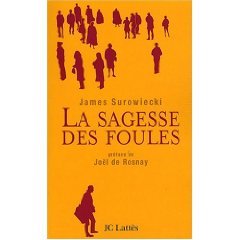
After the New Hampshire fiasco, 16 18 people came to defend the prediction markets, so far. So far, the best takes are from:
- George Tziralis
- Robin Hanson
- Jonathan Kennedy
- and I’-ll give the 4th spot to a combo, mixing takes from John Tierney, Adam Siegel (surprisingly pertinent –-I bet he is on a fish diet, post Christmas
 ), and Steve Roman.
), and Steve Roman. - UPDATE: “-Thrutch“-, Emile Servan-Schreiber and Panos Ipeirotis.
AWOLs (so far): PMIA, AEI-Brookings, InTrade, TradeSports, BetFair, TradeFair, NewsFutures, Emile Servan-Schreiber, Jed Christiansen, Koleman Strumpf, Bo Cowgill, Richard Borghesi, Chris Hibbert, David Perry, Ken Kittlitz, Paul Tetlock, David Pennock, Mike Linksvayer, Brent Stinsky, David Yu, Mark Davis, David Jack, James Surowiecki, Tyler Cowen, Greg Mankiw, Donald Luskin, John Delaney [*], etc.
[*] Steve Bass tells us that John Delaney’-s pre-NH CNBC appearance was awesome. I was up that day, waiting for that CNBC segment, but failed to spot it. If somebody sends me the YouTube link, I’-ll publish it here.
![]()



